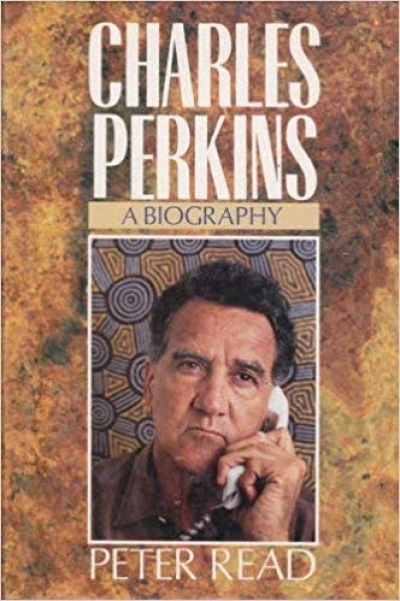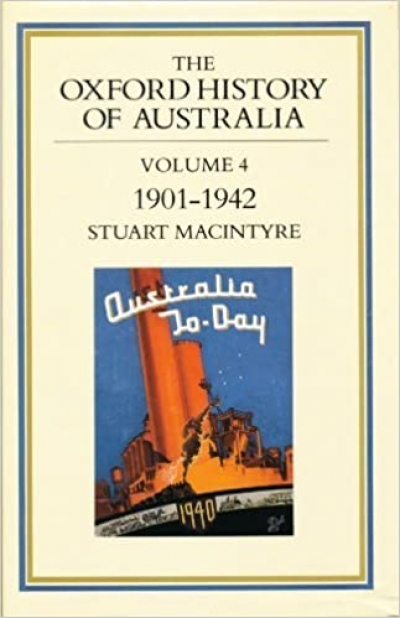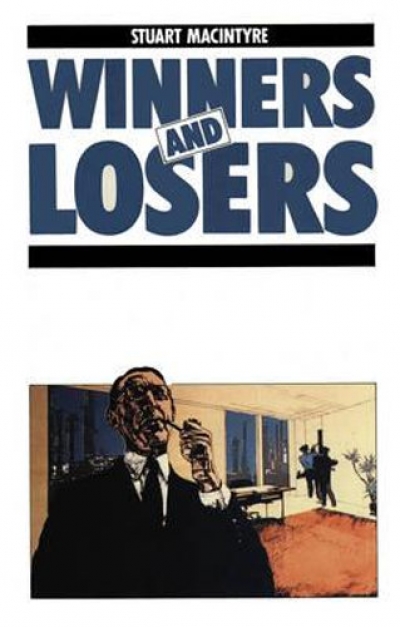In one of the pieces that make up this collection, Manning Clark recalls how he first encountered Barry Humphries in the late 1950s and recalls the shock of recognition that he was in the presence of a man of genius. Clark wants to defend that judgement against those of us who find today’s Edna Everidge tedious and offensive. He identifies the great gifts of the satirist, the timing, the ear for a phrase, the emotional extravagance, the ability to conceive and execute a range of outrageous characters. This technical virtuosity is important, Clark maintains, because it enables Humphries to hold up a mirror to Australian society and show us what we are. No matter that we are offended by the mounting vulgarity of Edna or the wilful misrepresentation of Whitlamism: Humphries is merely showing us ourselves in an age of ruins. His is the madness of a man possessed by a love-hate relationship with the people, a man impelled to confront us with our inner emptiness.
...
(read more)





